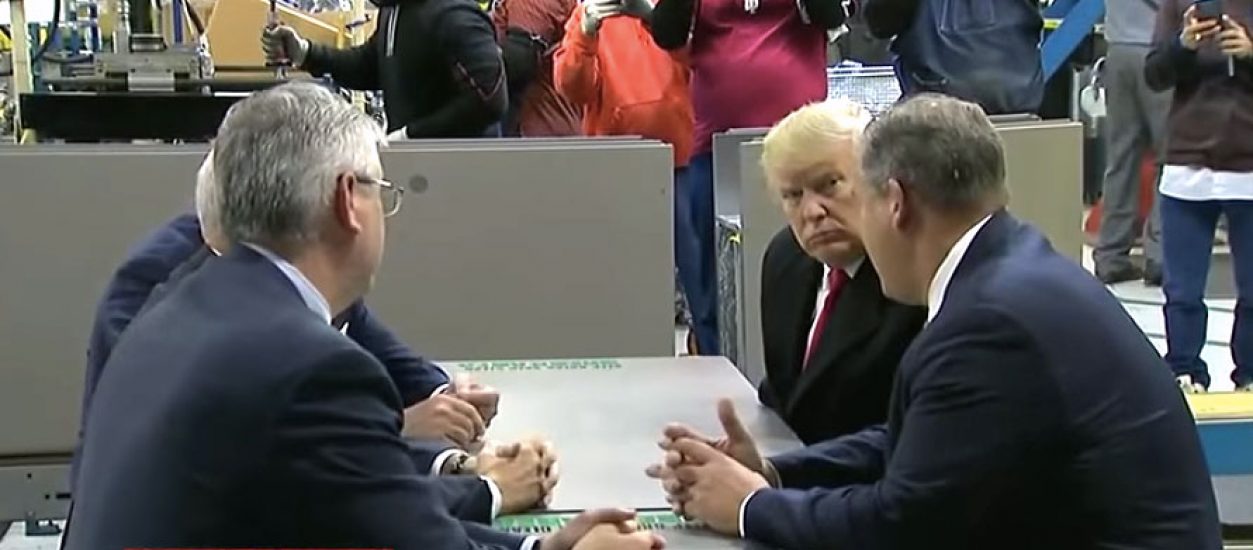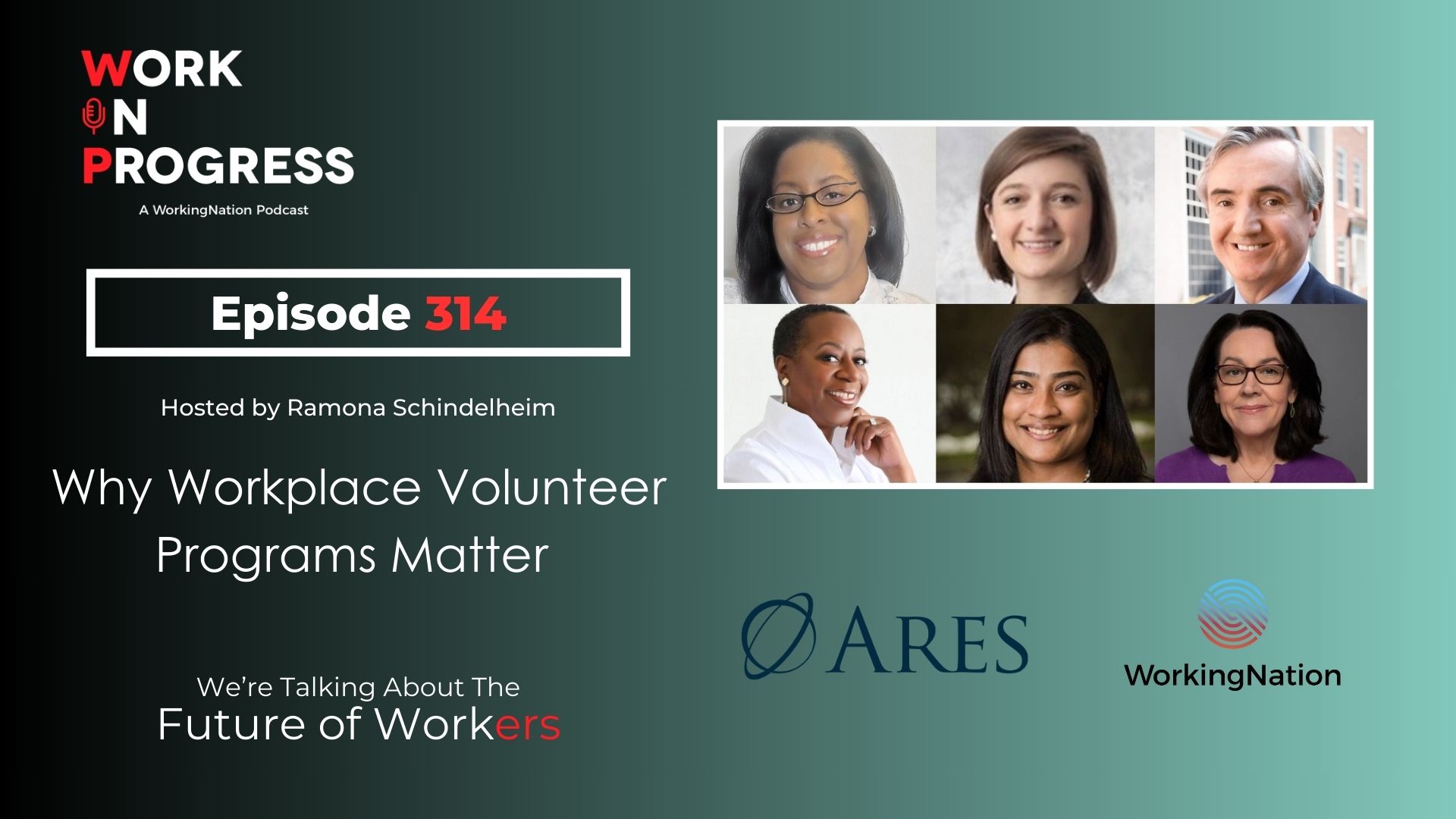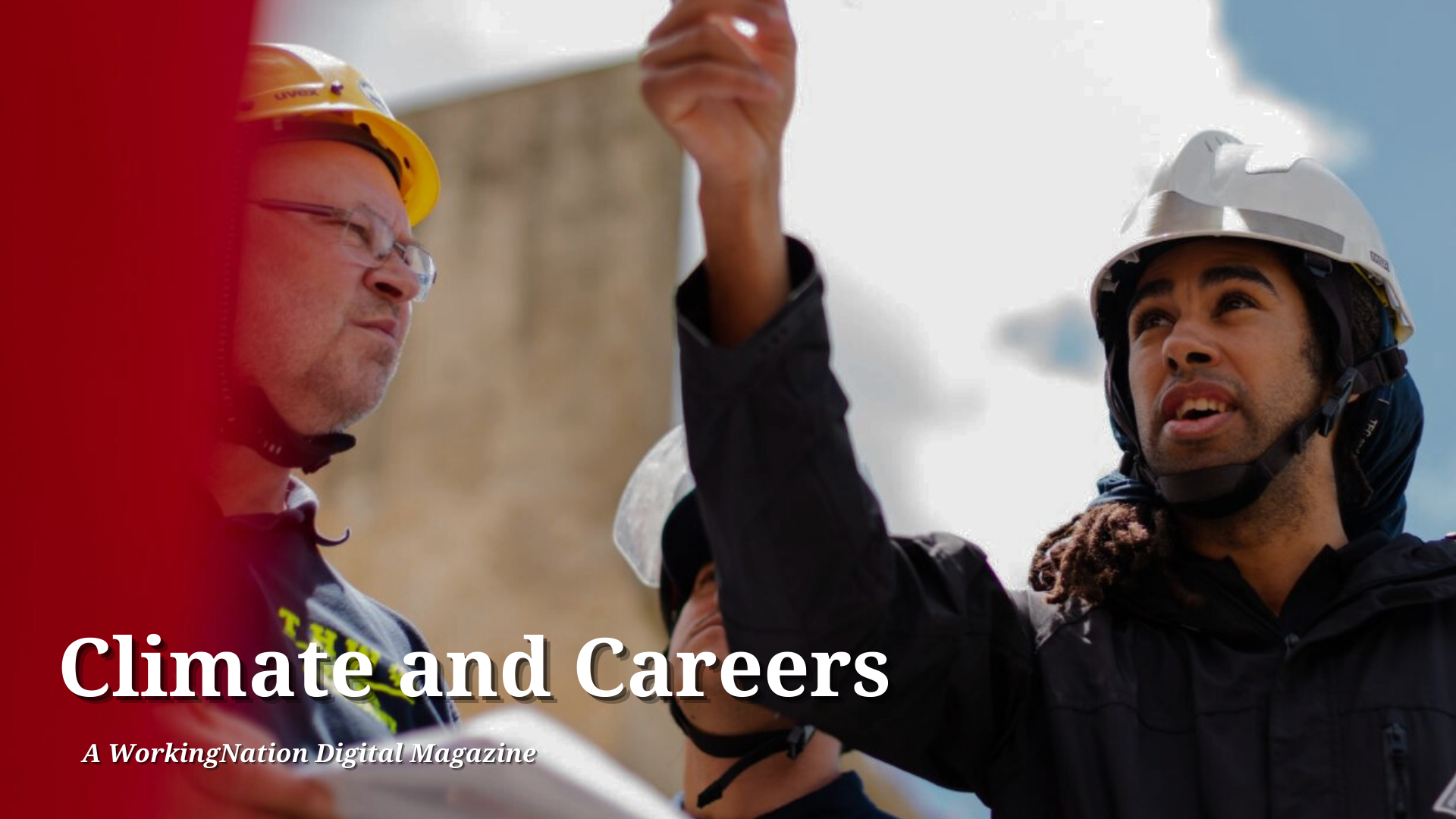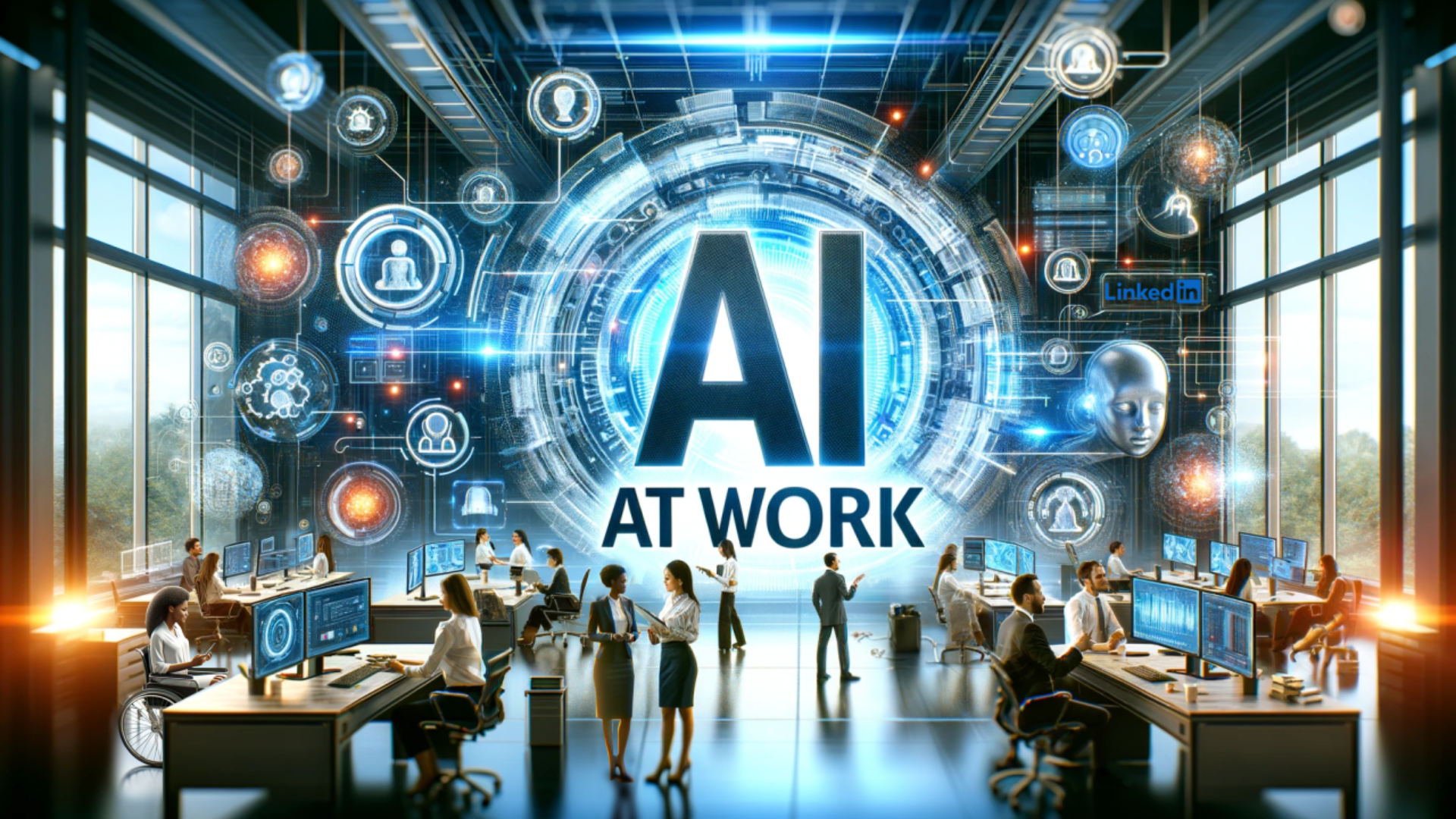In the day following President-elect Donald Trump’s announcement at the Indianapolis Carrier plant that 800 of the 1,400 jobs that were going to be shipped to Mexico will be staying, economists have had the chance to analyze the impact of the deal.
And while the short-term story may be the fact that the deal helped the workers at Carrier, the long-term story is how Trump’s tactic in this instance will impact the workforce and our economy.
What we know about what would be best for both companies and workers moving forward is to be realistic and practical about the future of work.
At the Carrier announcement Thursday, parent company United Technologies talked about investing $16 million to upgrade the plant, which can only mean bringing in the latest technologies to cut costs and increase production. If that happens, which is nothing new (we’re producing twice as much as we did in the 1980’s with 7 million fewer workers due to technology), jobs will be lost and workers who remain will have to be retrained to work with machines.
What workers and companies everywhere have to accept is that the days of monotonous, steady work are coming to an end. We all are going to have to be constant learners and problem solvers. Businesses will have to constantly learn how to remain competitive and workers will have to constantly add to their skills set.
MORE: Carrier Deal a Victory for Trump, But What Can Really Help Workers the Most?
So the biggest takeaway for the workers in this case at Carrier and in other factories and industries is, complacency is the biggest threat to your paycheck. Carrier employees get to breathe a sigh of relief for the moment, but change is still coming and hopefully this incident was the wake-up call they, and others across the country, needed to take seriously the need to get yourself ready for the future of work.
QUIZ: How FutureProof Are You?
Here are some other stories about the Carrier fallout we found interesting:
New York Times: Trump and Carrier: How a Modern Economy Is Like a Parking Garage
Justin Wolfers, a professor of economics and public policy at the University of Michigan, compares the American economy to a parking garage that is a constant state of flux, with cars (businesses) moving in and out of the garage (market).
“The deal at Carrier is akin to Mr. Trump’s intercepting a driver on his way to his car, and trying to persuade him to stay parked a little longer — perhaps by pointing to the enticing Christmas specials at the nearby stores,” he writes.
Wolfers argues that Trump should not be focusing on the businesses that are already in the parking garage, but “on the millions of potential entrepreneurs who might open the next generation of businesses.” He says the government’s best hope for creating jobs is to create a positive business climate.
Vox: Donald Trump and the Indiana Carrier factory, explained
Vox reporter Matthew Yglesias analyzes the huge PR coup for the Trump Show that’s almost certainly economically irrelevant.
CNN: The Wall Street Journal hates Trump’s Carrier deal
CNN reporter Chris Isidore breaks down The Wall Street Journal’s scathing editorial, “Trump’s Carrier Shakedown,” that argues President-elect Donald Trump pressuring the company not to move jobs is bad for the economy, and for the workers in the long run.
Bloomberg: Trump’s Consequences: Business Message From Carrier Corp. (video)
Bloomberg Stephanie Baker and Bloomberg Intelligence’s Carl Riccadonna report on “Bloomberg Surveillance.”
CNBC: Plant Workers Still Losing Jobs Tell Trump: Don’t Forget About Us
Reporters Vaughn Hillyard and Phil Helsel speak with workers at the Rexnord plant in Indianapolis near Carrier and United Technologies’ other Indiana plant in Huntington both of which are closing and moving jobs to Mexico.
Washington Post Editorial: Don’t reward companies like Carrier with tax cuts — or punish them with taxes
The Washington Post Editorial Board argues that “preserving and enhancing those competitive advantages, not selective pressure on politically unpopular business decisions, is how government can best assure growth and economic opportunity.”
Indy Star Editorial: Indiana’s skill gap leaves workers behind
The editorial cites a 2012 Georgetown University study that found that “only 42 percent of working-age adults in Central Indiana had acquired the education level they need to fill jobs in growing sectors such as the life sciences, technology and advanced manufacturing.” It then highlights a new effort, Ascend Indiana, aimed at bridging the gap between workers’ skill levels and employers’ need for talent.











